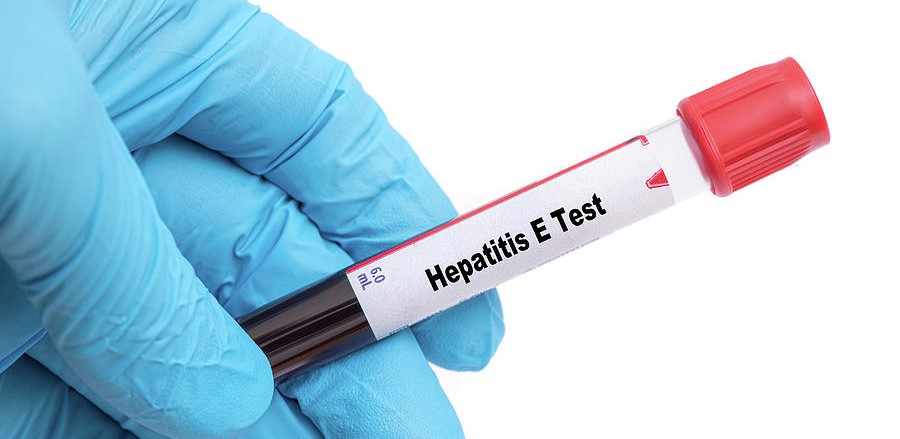Health authorities in the Abyei Administrative Area on Wednesday said 40 cases of Hepatitis E have been recorded across health centers in the region.
Dr. Ayom Kurchiek, the area’s minister of health, told Radio Tamazuj that the health situation is concerning, with a significant increase in cases over the past two weeks. Thirty-six of the 40 cases were reported last week and this week, he said.
“The health situation is generally good. Cholera cases have declined, with no new reports in the past week from the four centers—Amiet, UNISFA, MSF and Agok,” Ayom said. “However, we are worried about the northern border areas, although we have extended vaccination efforts as far as Dufura.”
Ayom said all health centers in the area have reported cases of Hepatitis E, prompting him to notify the national Ministry of Health.
“We are now facing a new challenge. The number of Hepatitis E cases is increasing rapidly,” he said. “We currently have 40 confirmed cases—17 women diagnosed last week and 19 men this week. I’ve been instructed by the chief administrator to report this to the national Ministry of Health. I’m currently in Juba on a medical trip, which gives me an opportunity to meet with the health minister.”
The health minister also noted a shortage of essential medicines in the area.
“Abyei’s main hospital has run out of drugs for malaria, pneumonia and other common seasonal diseases,” Ayom said. “I will ensure that I return with some medications.”
Yuohna Akol, Abyei’s minister of information and communication, confirmed the rise in Hepatitis E cases and praised the efforts of health officials.
“It is true there are currently no cholera cases,” Akol said. “However, Hepatitis E is spreading rapidly, and the area administration and health ministry are working hard to contain it, just as they did with cholera.”
Hepatitis E is a liver infection caused by the hepatitis E virus (HEV), primarily spread through fecal-oral transmission—often by consuming contaminated water or undercooked meat from infected animals. While symptoms such as fatigue, jaundice and dark urine typically resolve without treatment, the disease can lead to severe complications, particularly in pregnant women and individuals with weakened immune systems.




